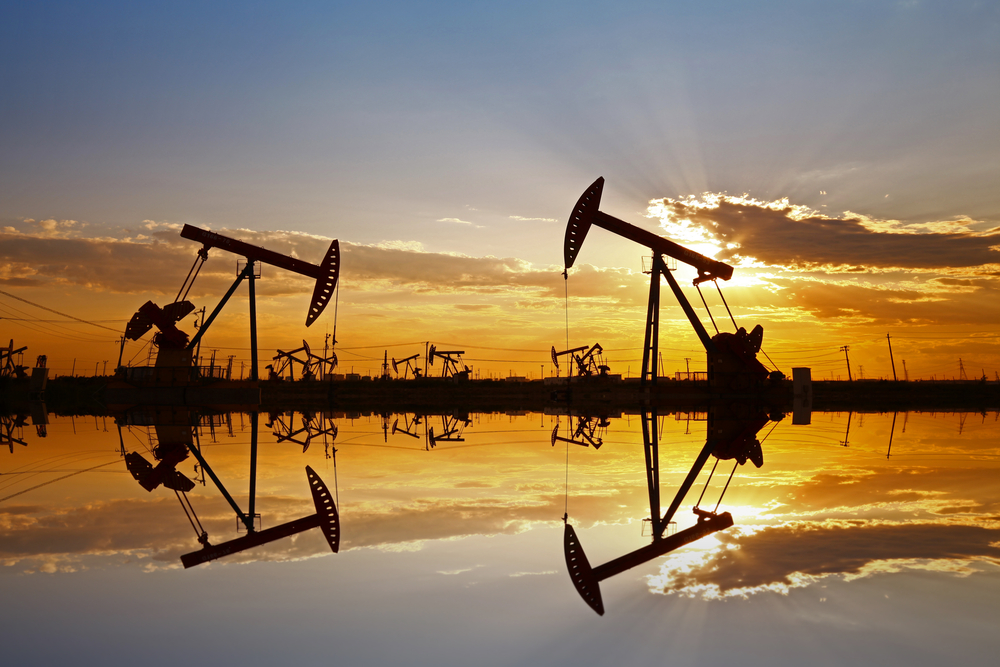The oil and gas sector probably had the biggest troubles and controversies among all the sectors in the Nigerian economy in 2020.
It all started from the first quarter of the year when the coronavirus pandemic was vigorously ravaging the world, and lasted till December when the federal government indirectly abandoned its downstream sector deregulation that gave freedom to oil marketers to fix fuel pump price.
- Oil climbs as U.S. inventory draw, Brexit deal hopes
- Woman pours boiling water on co-wife in Plateau
In between this, there were cases of glut in the crude oil market, and Nigerians had to face a series of unstable petrol prices at the filling stations, rising up to N170 per litre of petrol at a certain time.
The government, which had earlier said it would no longer fix the price of fuel in the domestic market, decided to volt-face in December when its officials met with labour. It cut the fuel price from N168 to N162.44.
The new fuel pump price of N162.44 left Nigerians confused as to the state of the downstream sector’s deregulation and the federal government’s touted fuel subsidy removal.
A petroleum industry expert, Mr Brown Ogbeifun, told Daily Trust that with what the government did by cutting N5 off pump price, Nigeria’s downstream has not been deregulated.
He said pump price increase and decrease should be a factor of market forces, not government price fixing.
Market forces to determine fuel price
The Executive Secretary of PPPRA, Saidu Abdulkadir, had in September said the price of petrol in the Nigerian market would be determined by market forces.
Similarly, the Minister of State for Petroleum Resources, Timipre Sylva, during an interaction with newsmen in Abuja on Thursday, September 11, 2020, said the government had stopped subsidy payment and full deregulation had begun in the country.
Sylva said, “It is time for Nigerians to face reality and do the right thing. What is deregulation going to do? It is going to free up a lot more money. At least from the very beginning, it will save us up to a trillion, and more every year. Already, we have taken off the budgetary provision for the subsidy which is about N500 billion in the budget.’’
He added: “Also, we have taken off the excess forex price that special rate that was given to NNPC which also came at a cost. So, all the money that we used to defend the Naira at that time to subsidize the dollar will now be freed up for development. I believe that this discussion around subsidy has been a vexed issue that has captured the imagination of this country for a long time now.”
He pointed out that past administrations had lacked the political will to deregulate the downstream sector, and remove subsidy despite attempts to do so. At some periods, the time was not good for it.
Fuel price went up, down in 2020
The pump price of fuel moved up and then down eight times starting January 2020.
The price was fixed at N125 per litre in March, 2020 down from N145 it was pegged in January. It was further reviewed downwards in April to N123.50 when crude oil price dipped at the international market.
In May, only the ex-depot price was reviewed downwards to N108 with the pump price still at N123.50. But the price was adjusted south ward to N121.50 in June.
While just about to recover from a month-long lockdown in some of the cities in the country, Nigerians were slammed with an increase in fuel price in July. The price was adjusted to N140.80 from N143.80.
It was again increased to N148-N150 in August after the international crude price rose above $40 per barrel.
Also in September, the fuel price was hiked to N153 – 162, and again increased to N163 -N168 in November 2020.

 Join Daily Trust WhatsApp Community For Quick Access To News and Happenings Around You.
Join Daily Trust WhatsApp Community For Quick Access To News and Happenings Around You.

